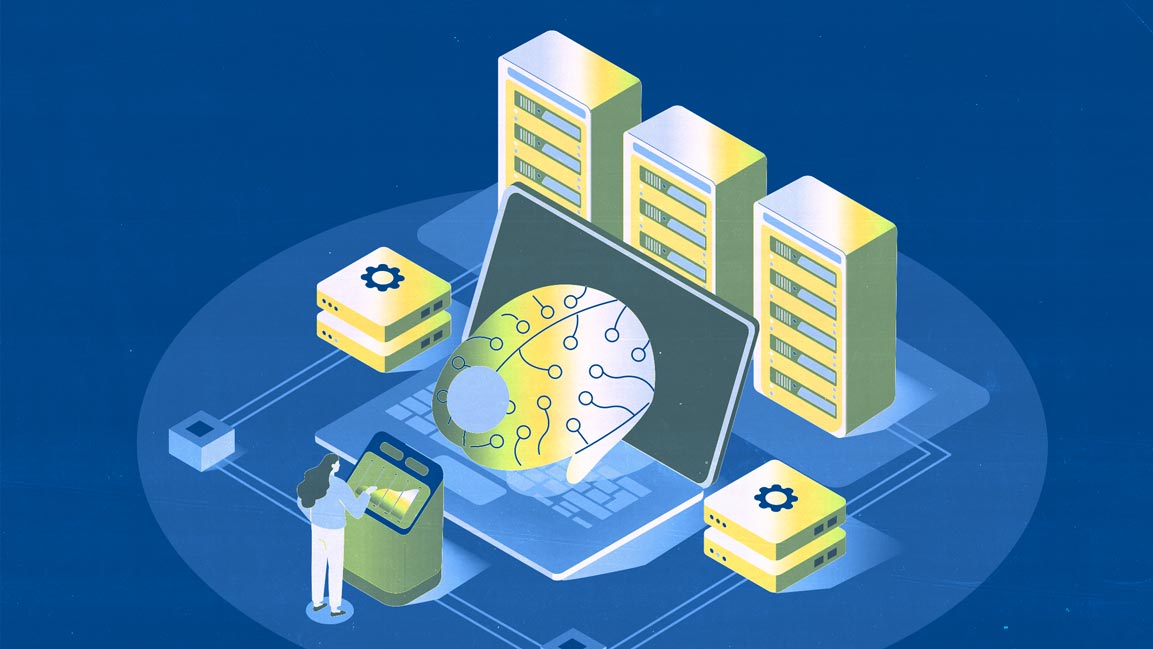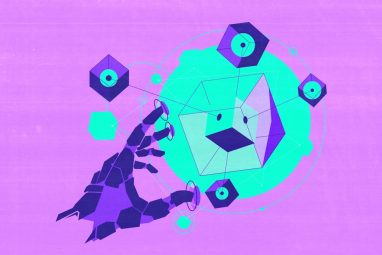AI Push May Lift India’s IT Industry Toward $400 Billion by 2030
India’s IT industry could reach about $400 billion in annual revenue by 2030, up from roughly $260–$280 billion today, as global companies embed AI into core operations and outsource higher-value work to Indian providers, Bessemer Venture Partners said.
News
- Adani Power Sets Up Nuclear Subsidiary
- Musk Unveils xAI Overhaul, Lunar AI Ambitions
- Former GitHub CEO Dohmke Raises $60 Million to Build AI Code Infrastructure
- Leadership Shakeup Deepens at xAI as Two Co Founders Exit
- India Slashes Social Media Takedown Window to Three Hours
- Cisco Moves to Relieve AI Data Center Gridlock With New Chip

India’s IT industry could generate about $400 billion in annual revenue by 2030, up from roughly $283 billion today, as global companies adopt AI at scale and push more complex work to Indian providers, according to a new roadmap on the sector published by Bessemer Venture Partners.
Bessemer said AI is now driving the next phase of growth in Indian tech by changing how enterprises buy, deploy and run software. The firm said boards and investors are pressing management teams to show measurable AI returns, which is forcing companies to move faster on pilots that embed automation and AI into core operations rather than leave AI in labs. Those pilots, it said, are already starting to turn into ongoing spend.
Bessemer’s India team, which has been investing in the country for almost two decades and this year raised a $350 million India-focused fund, said the shift is visible in who is getting the work. AI-focused startups are winning mandates that would previously have gone to large outsourcing firms by delivering targeted automation, faster turnaround and lower total cost. The firm said this is beginning to rewrite the global outsourcing model that Indian IT majors built over the past three decades.
In its report, titled “Roadmap: Reinventing IT Services in the Age of AI,” Bessemer said India’s large IT services companies still have real advantages. Those include scale, a steady technical talent base and long relationships with global clients, especially in regulated industries. But it warned that the model that relied on large delivery teams and predictable hourly billing is under pressure. The report said clients now expect AI-led business outcomes, not just headcount.
According to the report, AI is already automating categories of work that fed traditional offshore contracts, including application maintenance, testing, production support and basic analytics. That threatens the billable-hour structure that shaped India’s export IT services economy, which Bessemer pegs today at roughly $283 billion. Bessemer said AI-native challengers are moving faster than incumbents weighed down by legacy structures and slower internal research and development, and are using this speed to take share.
Bessemer said three broad delivery models are starting to dominate new AI work. The first is AI-enabled services, where human teams use AI to deliver work more efficiently. The second is AI-built services, where automation and AI agents take over large parts of execution. The third is software-led platforms, where recurring platform revenue replaces traditional time and materials contracts. The firm said all three models challenge the economics of legacy outsourcing.
Even with that pressure, Bessemer does not see AI shrinking the market. The firm said AI will create major efficiency gains and could compress pricing in the short term, but will also trigger a broader wave of outsourcing as enterprises try to rewire their own processes with AI. It expects global clients to lean on Indian providers not just for cost arbitrage but for help stitching AI into finance workflows, supply chains, customer operations and compliance. That is the dynamic Bessemer says can lift total IT industry revenue toward $400 billion by 2030.
The report said this next wave will not look like classic back-office offshoring. Instead of carving out generic support work, companies will look for partners who can work inside messy, unstructured data, clean and govern that data, and integrate AI systems into production environments without breaking compliance or uptime. Bessemer said this favors firms that already understand a client’s internal systems and regulatory exposure, something India’s large IT services companies still claim as a core strength.
At the same time, AI is creating its own services stack. Bessemer pointed to a growing class of firms focused purely on “technology services for AI,” including data curation, model tuning, evaluation pipelines, infrastructure design, monitoring and governance. It said those companies are no longer just applying AI to improve old processes but are being paid to build, run and maintain AI itself at scale.
That leaves India’s biggest IT providers in a race to adapt. Bessemer said incumbents know client environments, regulations and legacy systems better than young challengers, but they now have to retrain tens of thousands of engineers and unwind pricing models built on headcount rather than outcomes. The firm said the companies that can prove AI-first delivery at scale will define the next generation of market leaders.
Services will become faster, more automated and more software-like, with forward-deployed engineers leaning on reusable platforms rather than brute-force staffing, the report said. In that model, Bessemer said, India’s IT industry does not get pushed aside by AI, but gets bigger.






